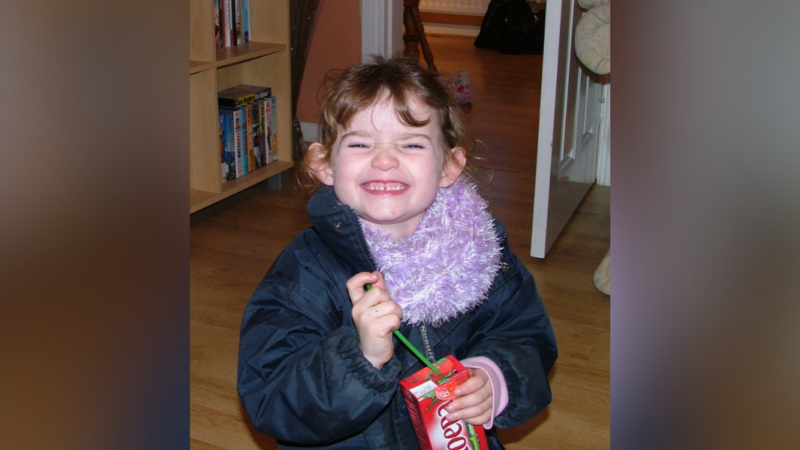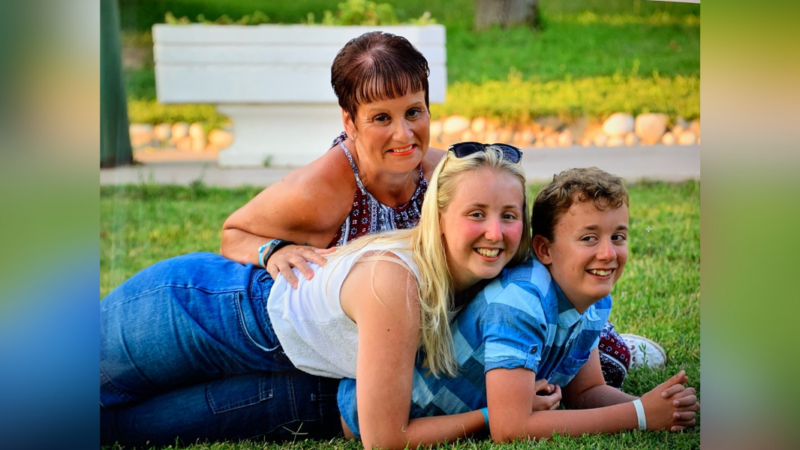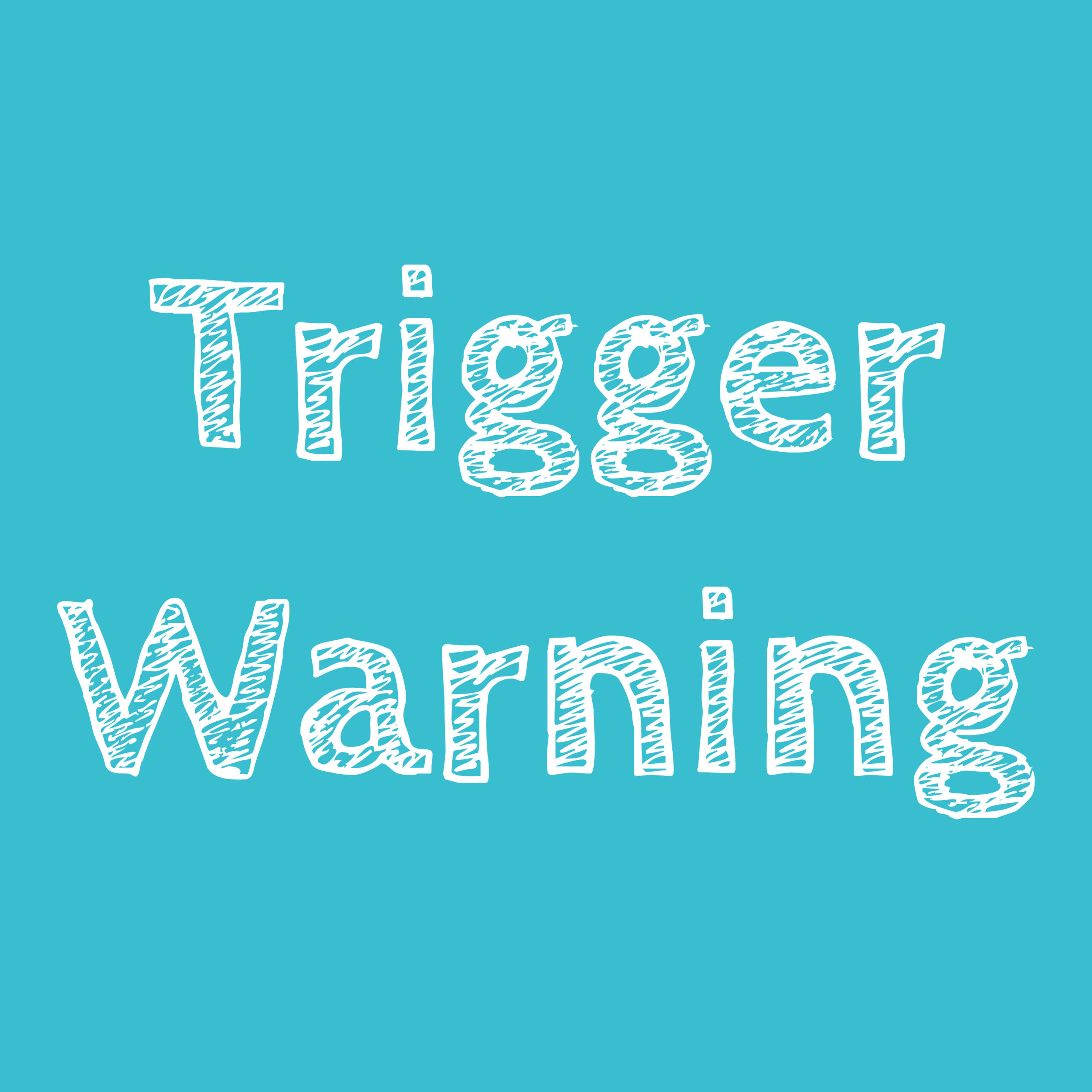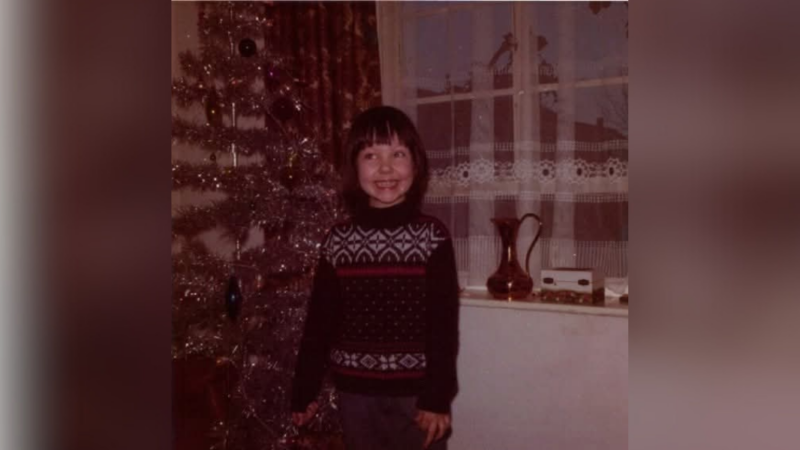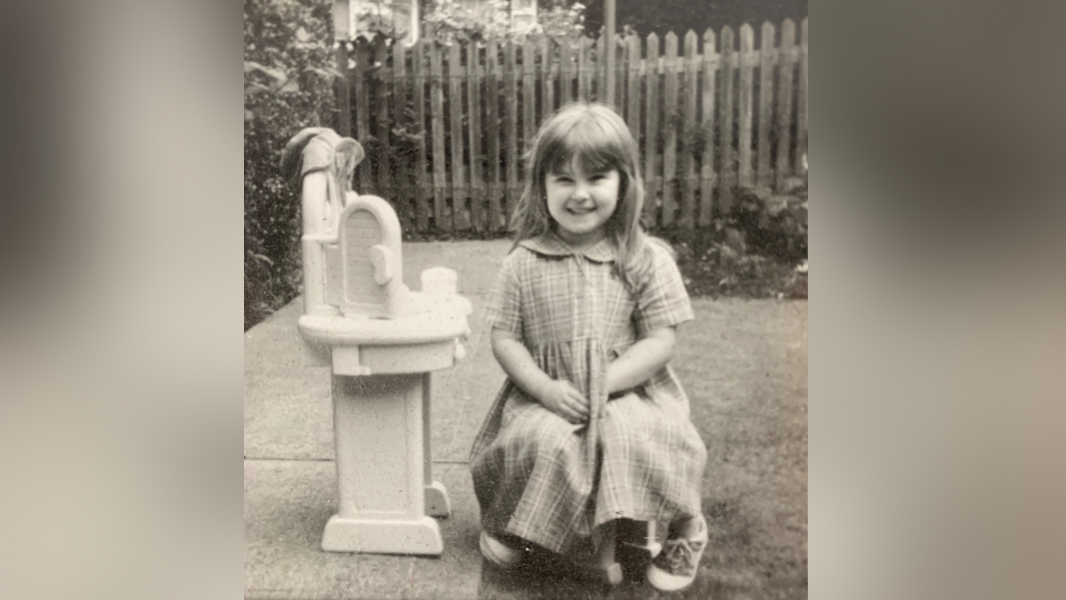

Sharing our stories is how we break the silence
Growing up with an alcoholic parent shapes you in ways you don’t always recognise until much later. For me, my Dad’s drinking was the backdrop of my childhood, always there, always dictating the atmosphere in our home.
Instead of having happy memories of him tucking me in at night or cheering me on at school, my memories are full of tension, fear, and disappointment. I never knew which version of him would walk through the door, the one who was light-hearted and joking, or the one whose temper and drinking made me shrink into myself.
It’s survival
Children of alcoholics become experts at scanning a room, at reading body language, tone of voice, and silence. It’s survival.
Some of my strongest memories aren’t of comfort but of fear. Like the time he chased me up the stairs, a man twice my size, gripping a t-shirt between his teeth as he came into my room, and then beat me.
Experiences like that shaped how unsafe I felt in my own home, how quickly I learned to make myself small, quiet, and invisible, even putting a lock on my bedroom door so I felt a sense of safety.
Painful memories
Other memories are quieter but just as painful. Finding empty spirit bottles hidden around the house, or tucked away at his place of work, became routine. They were impossible to ignore, constant reminders of his drinking, scattered like landmines. And then there was the shame.
Growing up in a small town where everyone knew each other, he would send me to the local shop to buy his cans of beer almost daily. I was old enough to realise the extent of his addiction, but he manipulated me into doing it; using emotional and financial blackmail.
None of it was my choice
I remember the embarrassment of walking through those doors, handing over the money, and feeling the weight of peoples stares and silent judgement. It felt like I was carrying his addiction publicly on my shoulders, even though none of it was my choice.
The hardest part wasn’t just the drinking itself, but the emotional absence. He was there, but not really there. I grew up craving his attention, his protection, his love, and it always felt just out of reach.
When you’re a child, you don’t understand that it’s the alcohol controlling them. You just feel like you’re not enough to make them stop. That belief cuts deep, and it doesn’t disappear easily.
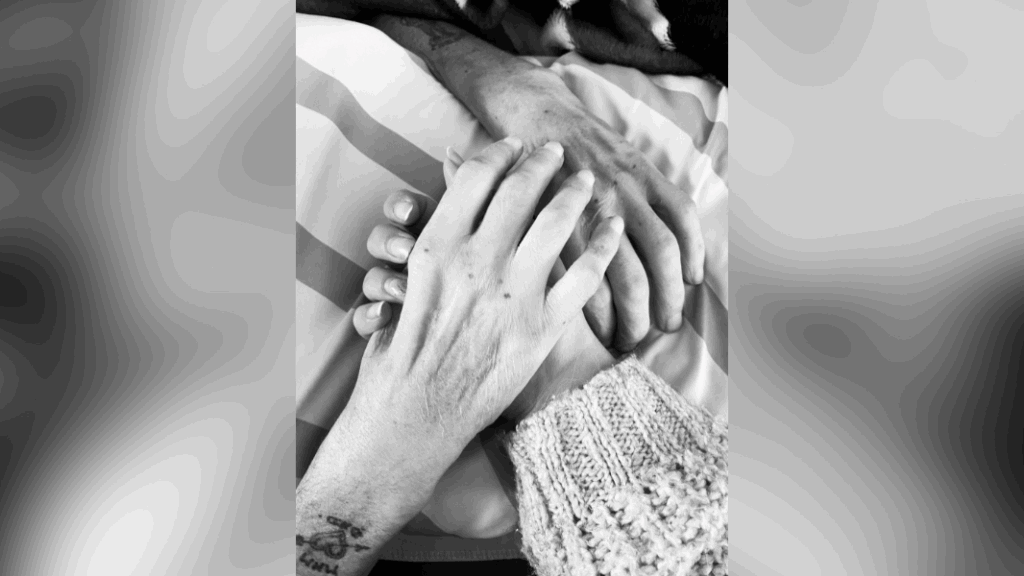
Putting up boundaries
As I got older, I tried to protect myself by putting up boundaries. Sometimes that meant cutting him out of my life completely, just to survive. But there was always a pull to let him back in.
He was my Dad, and part of me kept hoping that things might change, that maybe I’d finally get the father I had always needed. My Dad did finally get sober after a health scare, but the damage had already been done and I felt our relationship was irreparable.
When his health began to fail in 2024, and especially in his final days, I was hit with emotions I didn’t know how to handle. Watching someone who had hurt me decline was incredibly complicated. Letting him back into my life was complicated, and my brain processed it in ways that felt confusing and overwhelming.
Grieving the man he could have been
It was like years of pain and fear were trying to surface all at once. I felt sadness, anger, guilt, and grief all tangled together. I grieved the man he could have been as much as I grieved the one who actually died. The last images of him, weak and unwell, have stuck in my head more vividly than I’d like. They often overpower any softer memories I do have.
After he passed, I thought maybe grief would be simple, but it isn’t. Some days I sob uncontrollably with no warning. Other days I feel nothing at all. The grief of losing an alcoholic parent is messy and confusing, and it’s hard to explain to people who haven’t lived it.
That’s why Nacoa is so important. For so long, I thought I was alone in this. I carried so much shame and confusion in silence. But the truth is, there are so many of us, children, teenagers, and adults who grew up in households shaped by alcohol. Sharing our stories is how we break that silence.
You are not alone
If you’re reading this and you grew up with an alcoholic parent, I want you to know: you are not alone. The things you went through matter. The way it has affected your mental health matters. And you don’t have to carry it by yourself. Please reach out — to Nacoa, to a counsellor, to a friend, to anyone you trust.
Talking about it helps. You deserve support, you deserve healing, and you deserve to know that none of this was your fault.
That’s why I want to give back to Nacoa in the future. I hope to do charity work with them, to use my own story, the fear, the shame, the grief, but also the resilience, to help others who are where I once was. If my words can make even one person feel less alone, then sharing my story will have been worth it.
Rebecca
To read more experience stories, go to Support & Advice.

















































































